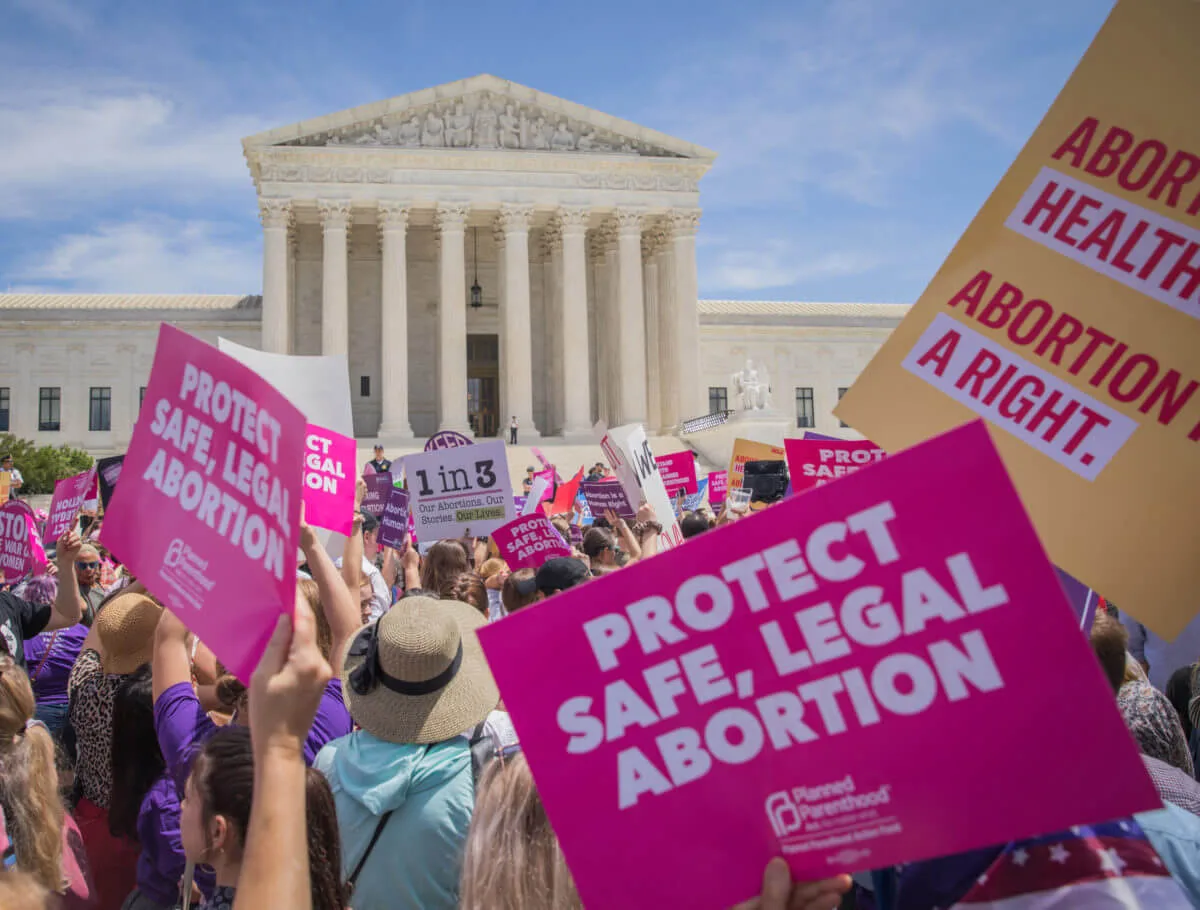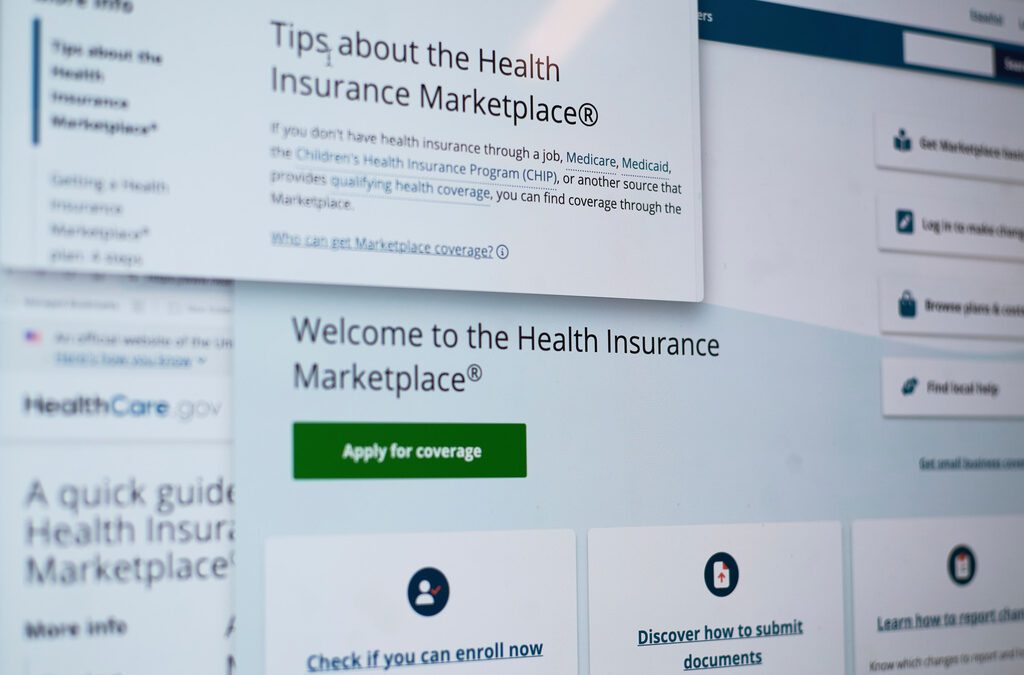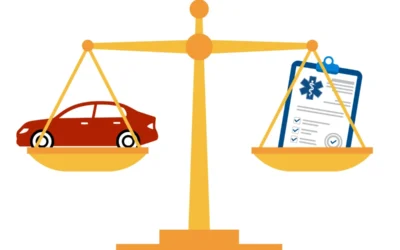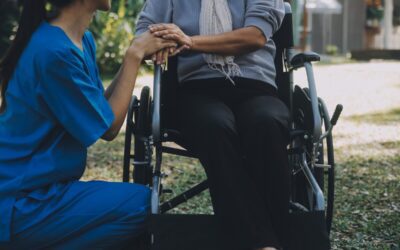
#image_title
The Supreme Court will hear its first big abortion case on Wednesday. Should the law at the heart of the matter go into effect, it is expected to force the closure of two of the three remaining abortion clinics in Louisiana.
You’ve probably heard of Roe v. Wade and you’re probably aware Republicans have openly admitted they’re trying to overturn the groundmark 1973 Supreme Court ruling with the aim of outlawing abortion on a national level.
But what’s flown under the radar, according to reproductive rights advocates, is the now decade-long attack on abortion rights across the country.
On Wednesday, the U.S. Supreme Court will hear a case revolving around one of these attacks. June Medical Services v. Russo centers on a Louisiana law that requires physicians who perform abortions to have “active admitting privileges” at a hospital within 30 miles of the facility where the doctor provides abortions. Doctors who perform abortions without having admitting privileges face imprisonment or fines; the clinics that employ them could also be fined, have their licenses revoked, and face civil liability.
Opponents of the law, which include a coalition of labor unions, the American Civil Liberties Union (ACLU), and Planned Parenthood, have said the law is burdensome and medically unnecessary and aims only to regulate abortion clinics out of business. Should the law, known as the “Unsafe Abortion Protection Act,” go into effect, it is expected to force the closure of two of the three remaining abortion clinics in Louisiana.
“It would be devastating for all of us and not just the staff, but for the women that we generally serve,” Kathaleen Pittman, the administrator of the Hope Clinic, one of the plaintiffs in the case, told CBS News. “Not just in North Louisiana, but South Louisiana, East Texas, Arkansas, Mississippi. We have patients come to us from Oklahoma. It would be devastating for all of them.”
The law already forced two clinics to close after it briefly went into effect in 2016. A Federal District judge in Baton Rouge struck down the law in 2017, which was later reversed the following year by a three-judge panel of the United States Court of Appeals for the Fifth Circuit in New Orleans.
The clinic and doctors at the heart of June Medical filed an emergency application to the Supreme Court in January 2019, asking the court to block the law while they pursued an appeal. In a 5-4 decision issued in February 2019, the Court agreed to delay implementation of the law until they heard the case.
Abortion restrictions are nothing new in Louisiana. Since the Supreme Court guaranteed a woman’s constitutional right to abortion in Roe in 1973, Louisiana has passed 89 abortion restrictions, according to a new national study from the Guttmacher Institute.
No state has enacted more restrictions (or even come close) during that time.
The Louisiana law is nearly identical to one in Texas that the Supreme Court struck down in 2016—a fact not lost on Nancy Northup, President & CEO of the Center for Reproductive Rights, which is representing the clinics and doctors in June Medical.
“Louisiana is openly defying the Supreme Court’s decision from just three years ago, in which they found an identical Texas law unconstitutional,” Northrup said in a statement on the organization’s website.
The Center for Reproductive Rights also represented the plaintiffs in the Texas lawsuit and Northrup is “counting on the Court to follow its precedent” from that case.
That precedent was set in a 5-4 vote, but the key swing vote in that case, Justice Anthony Kennedy, retired in 2018. Reproductive health advocates are concerned that his replacement, Brett Kavanaugh, will be a decisive vote in the other direction by going against precedent and upholding the abortion restriction.
Louisiana’s law is just the latest example of anti-abortion lawmakers enacting stringent restrictions on abortion rights. Since 2011, state lawmakers have passed more than 450 of these so-called “TRAP” (Targeted Regulation of Abortion Providers) laws across the country, forcing dozens of clinics to close their doors.
Since the Supreme Court guaranteed a woman’s constitutional right to abortion in Roe in 1973, Louisiana has passed 89 abortion restrictions, according to a new national study from the Guttmacher Institute.
Proponents of these measures say they’re necessary to ensure women’s health, but medical experts such as the American Medical Association (AMA) and the American College of Obstetricians and Gynecologists (ACOG) refute that claim, and the data backs them up.
Even though one in four American women will have an abortion during her lifetime, less than one-quarter of 1% of abortions result in a major complication, and fewer than 1% require hospitalization in an emergency room. In fact, patients are far more likely to suffer complications from having their wisdom teeth removed than they are after an abortion. Another study found that women are 14 times more likely to die from childbirth than from an abortion.
“Most of the regulations that exist have nothing to do with women’s health. Abortion is clearly one of the safest medical procedures that exist,” said Carol Tracy, executive director of the Women’s Law Project, a public interest law center in Pennsylvania that also works to advance reproductive rights. “The regulations that exist are about limiting access. The regulations aren’t about health care. They’re political.”
Advocates like Tracy say these measures are not intended to protect women’s health, but rather to limit their right to an abortion by forcing providers out of business. “The day-to-day over-regulation of abortion care has nothing to do with healthcare. It is designed to drive abortion providers out of business,” she said.
While Tracy’s state of Pennsylvania has a pro-choice Democratic governor in Tom Wolf, that was not always the case. The Republican-led state legislature has long been among those working to restrict abortion access.
“We have right-wing leadership in our legislatures and have had that for many years,” Tracy said. “I think we have 1,243 pages of regulations. We’re one of the most regulated states in the country.”
These regulations, enacted over the course of decades, have dramatically affected the ability to get an abortion in Pennsylvania. In the mid-1970s, Pennsylvania had about 145 clinics. Today there are only 17.
“It may not be illegal, it may not be a crime, but it’s becoming increasingly unavailable,” Tracy said. “It’s been very concerted and very effective.”
The result is that in 2017, 85% of Pennsylvania counties, which were home to nearly half of the state’s population, had no clinics that provided abortions, according to Guttmacher.
Pennsylvania isn’t nearly as restrictive as Louisiana, but the state does have some restrictions in place. For example, to get an abortion in the Keystone state, a patient must receive state-directed counseling that includes information designed to discourage the patient from having an abortion, and then wait 24 hours before the procedure is provided.
Pennsylvania Republicans aren’t stopping there, either. In 2019 alone, Pennsylvania Republicans introduced several anti-abortion measures, including a bill to ban abortions after six weeks and a measure that would have redefined fetal death to mean death at any point during pregnancy, starting at conception. The bill would have required providers to obtain death certificates not just for miscarriages and abortions, but also for fertilized eggs that didn’t implant in the uterus.
Tracy described these proposals as “really ugly,” adding that she’s grateful they didn’t pass.
Advocates in other states weren’t so lucky. In 2019, 12 states passed 25 abortion bans, while 17 states passed new 58 abortion restrictions. Many of these laws have been blocked by courts, which in some cases was the entire point. Many state lawmakers are eager to craft legislation that leads to a direct legal challenge to Roe v. Wade.
Tracy, like all proponents of women’s reproductive rights, is concerned about Roe being overturned, but she’s also alarmed by the lack of attention being paid to state-level restrictions like the one at the center of June Medical vs. Russo.
“There are two stories. One is that Roe could be overturned and the other is how states are regulating abortion care providers out of business and that’s been enormously effective and also not recognized that much in the public media,” she said. “People cover the big Supreme Court cases and think only about overturning Roe and preserving Roe, which of course is essential, but don’t pay much attention to the lack of availability in many states.”
According to Tracy, “the decline in the availability of abortion” in Pennsylvania is “something that maybe a handful” of people, including her, are aware of.
“It’s a very hard day for providers and we frankly need more providers. We have three in Philadelphia, but we have people coming from all over the state,” Tracy said. “In Western Pennsylvania, we have people coming in from Ohio and West Virginia because the restrictions are so much worse there and clinics have been closing.”
In 2017, 85% of Pennsylvania counties, which were home to nearly half of the state’s population, had no clinics that provided abortions
While the June Medical case does not technically threaten Roe and the Court is not expected to overturn Roe immediately, abortion could become even more limited in Louisiana, Pennsylvania, and across the country if the Supreme Court upholds Louisiana’s law.
Such a decision could not only make it harder for advocates to fight other anti-abortion laws in the future, but it could also make it easier for the Court to overturn previous rulings—something that 80% of congressional Republicans desperately want.
In January, more than 200 Republican members of Congress signed an amicus brief in the June Medical case filed by the anti-abortion organization Americans United for Life, asking the Supreme Court to “reconsider” and potentially overturn the landmark abortion rights rulings in Roe v. Wade and Planned Parenthood v. Casey, a 1992 ruling that upheld Roe and banned states from placing an “undue burden” on access to abortions.
The Women’s Law Project, which Tracy runs, served as co-counsel in Planned Parenthood v. Casey, which gives Tracy special insight into the nationwide battle over abortion rights—an insight that does not have her feeling optimistic.
“We, like everyone, are really worried about the national landscape and the Supreme Court,” Tracy said. “I haven’t quite given up the ship yet, but I know many of my allies think that Roe will be overturned. If not this year, if not in June Medical, then in the next session or two.”
The Supreme Court is expected to issue its decision in the case in June 2020.
Clarification: This story has been updated to include additional details about the Center for Reproductive Rights, which is litigating June Medical on behalf of doctors and clinics.

Congress gifts higher premiums to more than 300,000 Wisconsinites
By Judith Ruiz-Branch Heading into the holidays, hundreds of thousands of Wisconsinites will be burdened with wondering if they will be...

OPINION: Without the ACA Premium Tax Credit, my family’s health coverage is at risk
Like so many other working families, I don’t know what my family would do without the Affordable Care Act (ACA) premium tax credits. As these...

How to support Wisconsin residents as SNAP funding disappears
As the nation remains in a government shutdown, food assistance programs in Wisconsin are feeling the effects. FoodShare, Wisconsin’s federal...

October is Breast Cancer Awareness Month. Here’s how you can help in Wisconsin
It's Breast Cancer Awareness Month. Here's how you can help fight for a cure throughout Wisconsin. October is globally recognized as Breast Cancer...




